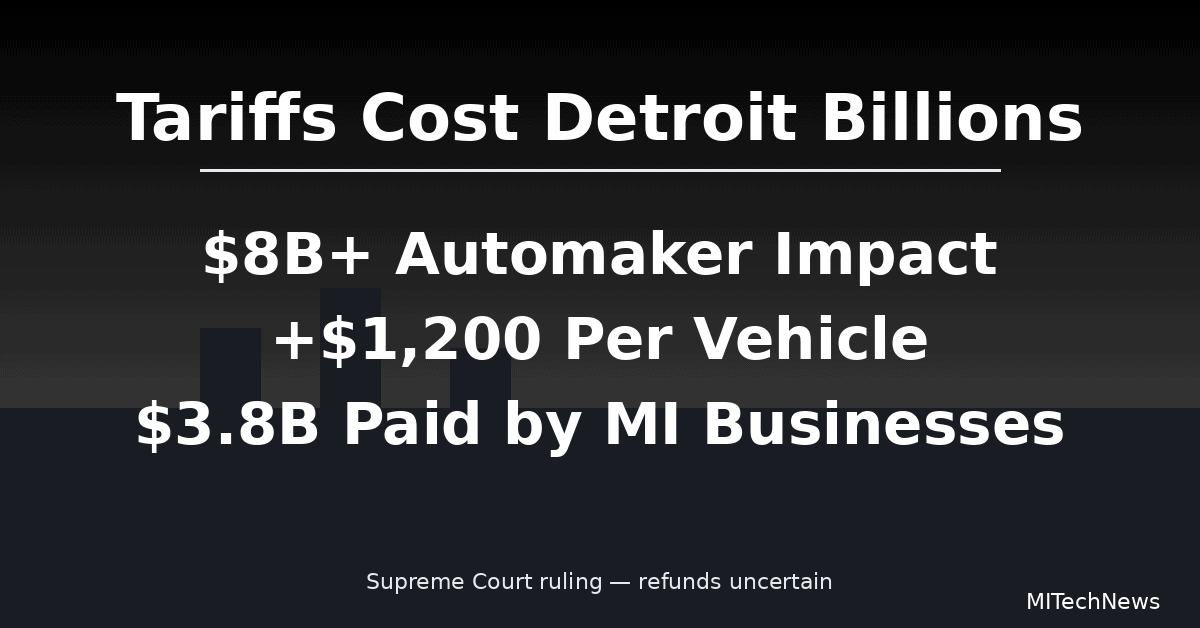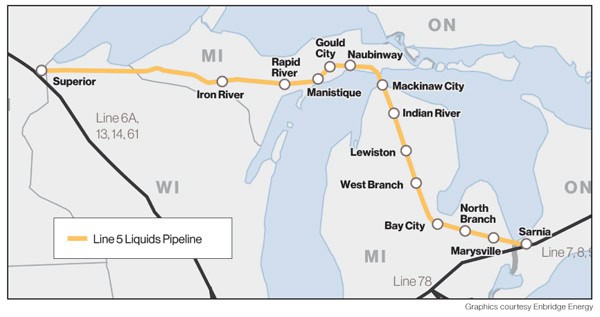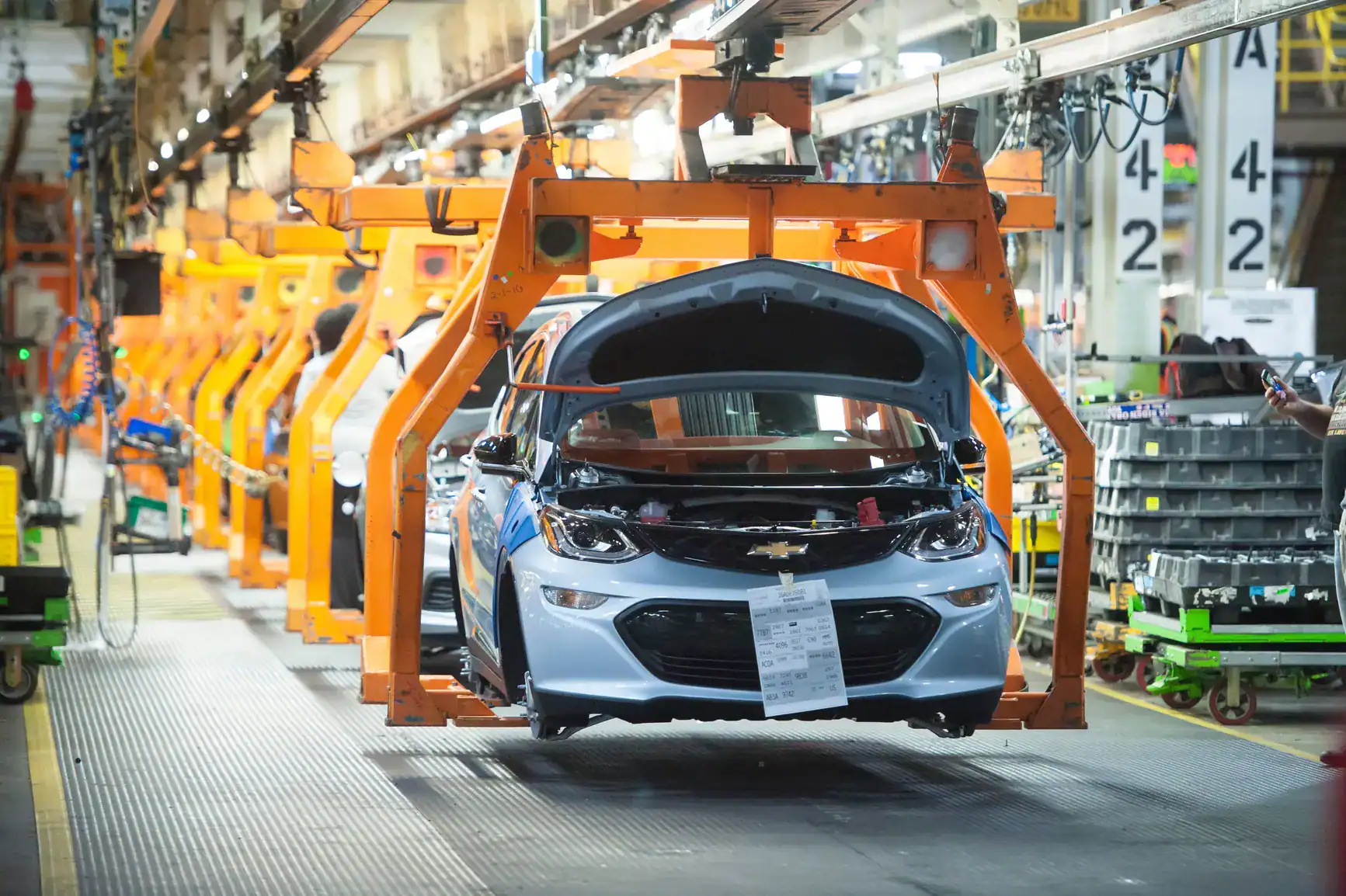LANSING – Retailers could make a profit through charging stations for electric vehicles with a licensing structure under a bill discussed in the House Energy Committee on Wednesday.
HB 4806, which is opposed by most of the stakeholders as bill sponsor Rep. Andrea Schroeder continues to work the issue, would require the Michigan Public Service Commission to establish a licensing structure for electric vehicle charging station operators.
The PSC would be tasked with establishing a licensing procedure for electric vehicle charging station operators and allowing those operators to sell electricity at a profit.
Schroeder (R-Independence Township) said currently only utilities can sell electricity for profit, so charging stations are a courtesy with little incentive. She said the bill intends to allow owners of charging stations to resell energy.
She said the bill brought more than 20 stakeholders together to discuss the concept of the legislation, and specifically, what department could house the licensing structure. She said she is open to changing it from the PSC.
However, Schroeder said, putting the licensing structure under the Department of Licensing and Regulatory Affairs or the Department of Agriculture and Rural Development would require additional staff with expertise.
Schroeder said stakeholders were not interested in including fees in the licensing structure.
Under the bill, operators would be required to maintain an office in Michigan, have financial, managerial and technical capabilities the PSC considers necessary and collect and remit all applicable taxes, among other things.
Operators would also be required to meet conditions currently required of alternative electric supplier applicants concerning the applicant’s safety record and technical ability to safely and reliably generate or obtain and deliver electricity and other proposed services.
Schroeder said with electric vehicles on the road today, it is important the state work to provide the infrastructure for the cars as companies also focus more on electric vehicles.
“Michigan has remained the car capital of the world because of our ability to see where the auto industry is heading and the ability to quickly innovate,” she said.
The PSC, among others, opposes the bill as introduced.
Laura Sherman with the Energy Innovation Business Council submitted written testimony opposing the bill. Sherman said the scheme created under the bill would create a challenging environment for its companies to do business in Michigan.
She wrote a licensing program housing in the PSC could inadvertently lead to rate regulation of electric vehicle charging in the state.
“Our organizations support allowing charging stations to operate without subjecting them to rate regulation, which is critical to accelerate the market for electric vehicle charging in Michigan,” the letter said. “However, as written, HB 4806 threatens to stifle the electric vehicle charging industry by undoing the regulatory decisions it was meant to codify and by creating onerous regulations.”
The committee did not act on the bill.
This story was published by Gongwer News Service.






